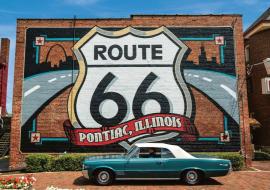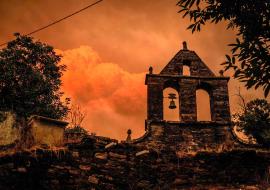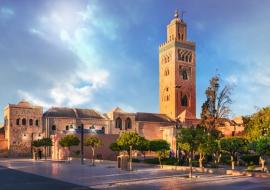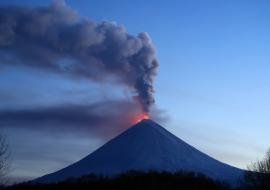Conference on African-American Culture Held in Santiago de Cuba
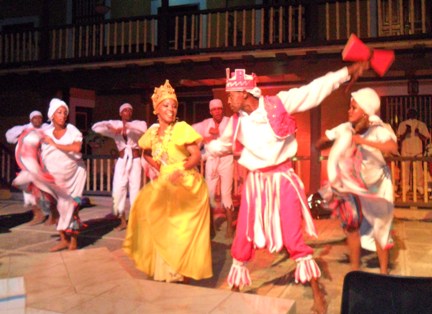
The 14th International Conference on African and Afro-American Culture was held in Santiago de Cuba through April 16 and it was aimed at shedding light on the influence of that continent in the city’s 500 years.
Click on Santiago de Cuba: A City of 500 Years
With the honorable presence of ambassadors and other diplomats from those nations, as well as Cuban academicians, Africa in the 21st Century: Challenges and Perspectives was the topic on debate, with an up-to-date approach to the region’s economic and social reality.
Specialists from the Historian’s Office discoursed on the role played by black people in Santiago de Cuba’s society, the connection with indigenous during the colonial age, access to education 1523 - 1812, racial texts in the chronicles and national hero Antonio Maceo as a victim of racism.
The commission dedicated to medicine and religion was made up of professionals of our health care system, who have worked in African countries, and the experience of the Medicine Faculty at Huambo province was put on the table as a token of brotherhood between Cuba and Angola.
Likewise, the attendees analyzed the contrasts between the South African society and the Cuban medical collaboration during Nelson Mandela government, mortality due to ectopic pregnancy in one of Ghana’s hospitals and the impact of yellow fever in countries of that continent.
Another topic tackled by the participants was the image of black people in Cuban fiction movies 1959 - 1989, along with another presentation on the stereotype or pretermission of that reflex in the national cinematography of this century.








